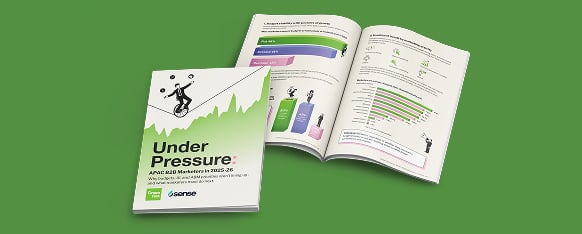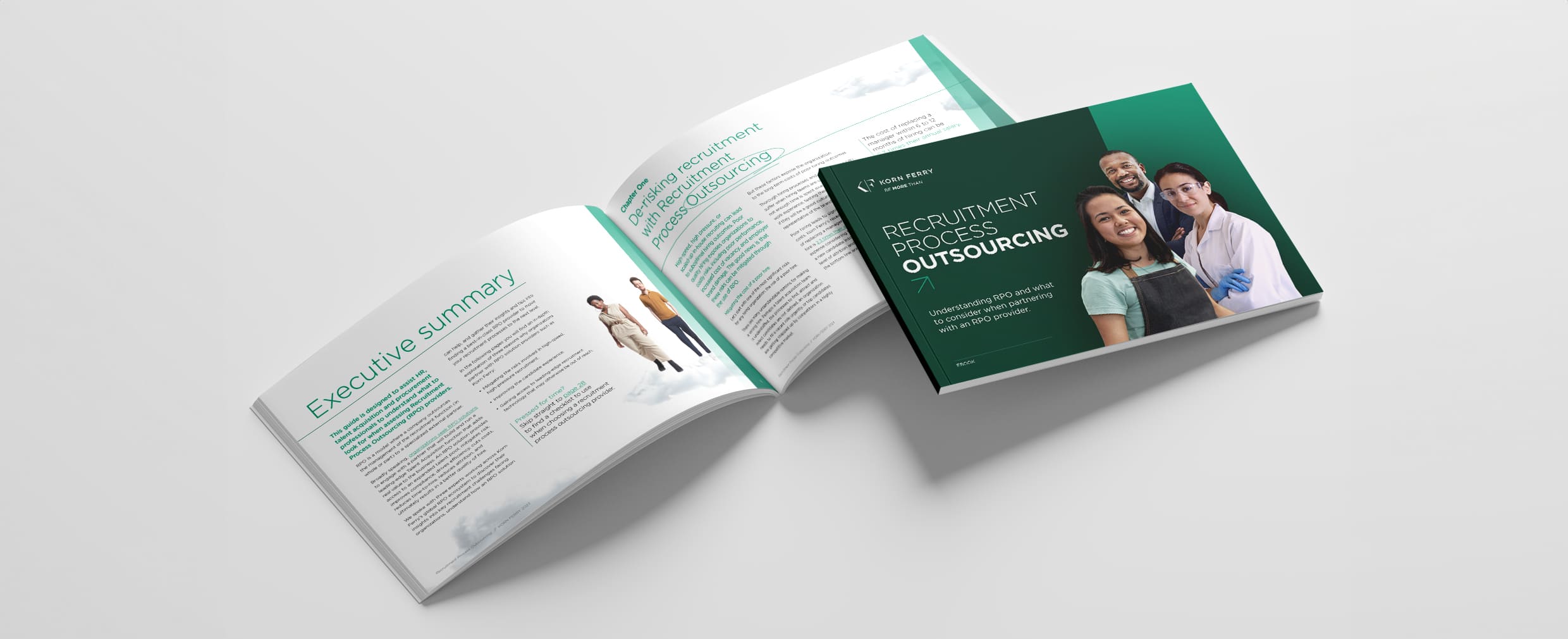User research conjures up visions of white lab coats or mystery shoppers, taste testers and straw polls.
Yet the reality is, user research is mainstream, becoming a core component of all business and an invaluable tool for marketers.
For B2B organisations, user research is a systematic way to uncover and understand the behaviours and needs of their customers. These measurable insights can be turned into useful, useable, desirable experiences, saving time and money along the way.
How user research works
It seems obvious to include your existing or target users in the development of your products, messaging and marketing.
Yet plenty of organisations don’t, operating on assumption, instinct or personal experiences, rather than evidence.
It’s ok to have a hunch, but user research offers a recipe to test those hypotheses:
- Establish real goals and research questions
- Learn about the topic and review past research
- Choose and design the appropriate research method
- Decide on appropriate sample group/size and recruit participants
- Field the designed research and collect sufficient data
- Analyse the collected data and summarise
- Extract and act on insights
The benefits of user research
By working with users ‘in the wild’, you put your organisation at an advantage. Leading marketers are putting the customer first – and that starts with a deep understanding of those customers.
Your products, campaigns and projects will be quicker and more reliable, because you’re operating on evidence, not a hunch.
Your marketing will be more effective if you know the way your target market prefer to receive that marketing.
And your internal prioritisation becomes easier because you can back the choices that will have the biggest or most relevant impact.
User research might feel too costly and time-intensive when you’re under the pump to deliver winning products, campaigns or sales targets. But you’re putting those things at risk if you’re not engaging your users in the process at all.
Make sure you answer these questions before you start.

 Creative & Content
Creative & Content





